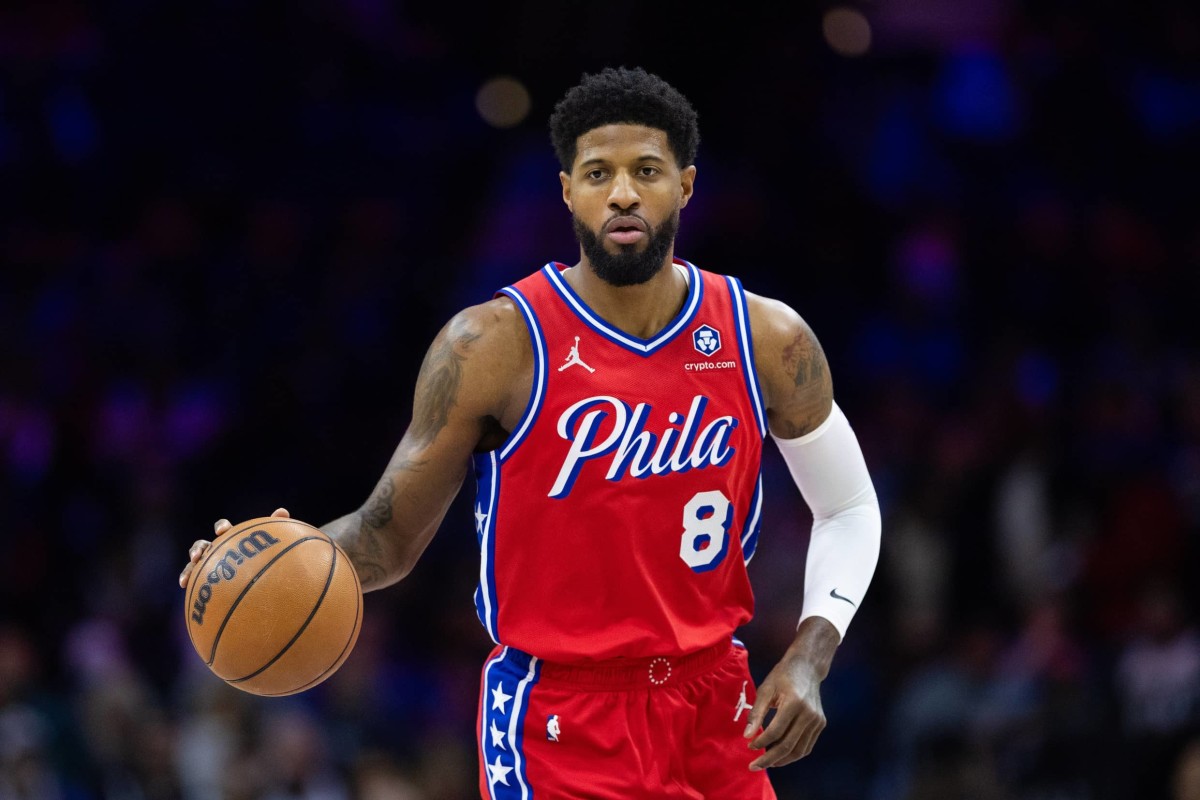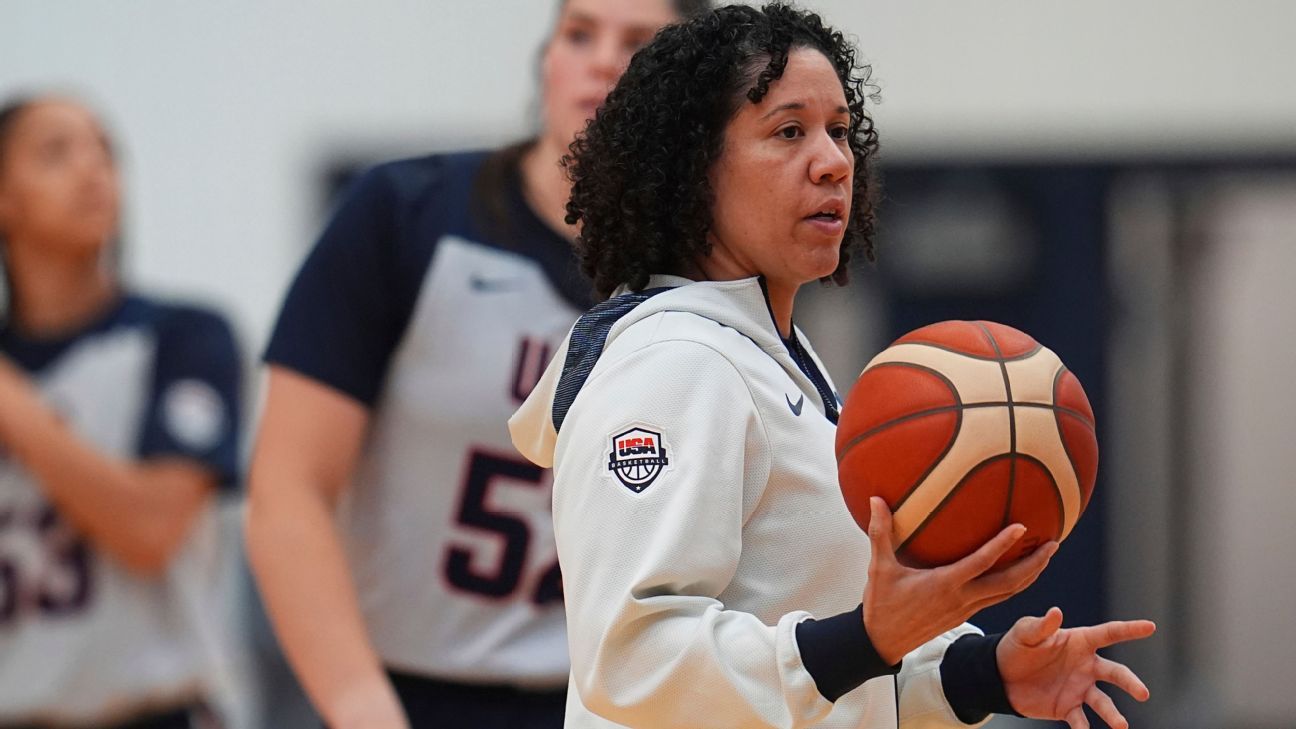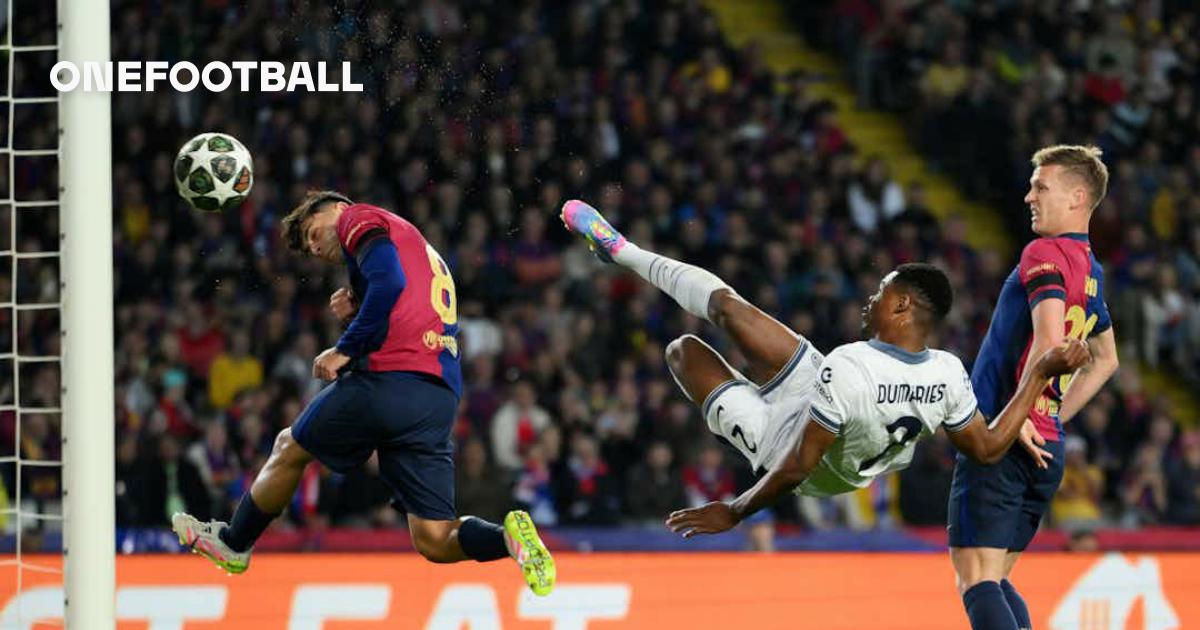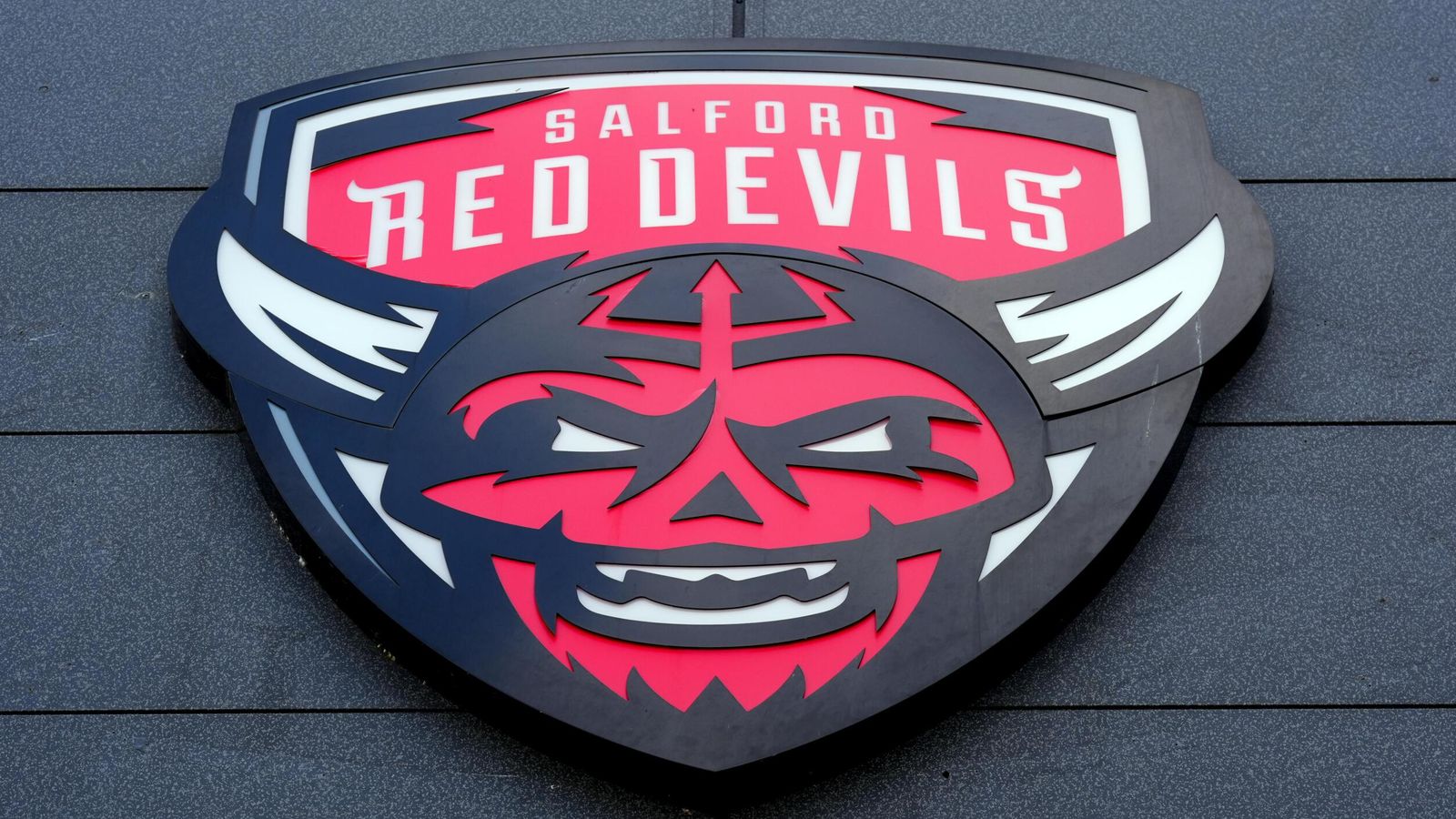
Top 4 Worst NBA Contracts: Massive Deals With Minimal Return originally appeared on Fadeaway World.
In today’s NBA, supermax deals and long-term extensions are handed out like candy, but not every contract ages well. Whether due to injuries, declining performance, or simple overvaluation, some players end up being financial anchors that weigh down entire franchises.
These deals don’t just hurt cap space. They complicate trades, disrupt team chemistry, and force front offices into win-now purgatory with no flexibility. To say they can be damaging to a team’s title ambitions would be an understatement.
So, as we enter the 2025-26 season, let’s identify which contracts stand out as the worst in the league — massive investments that have delivered minimal return.
Paul George: 4 Years, $212 Million

The Sixers took a massive swing when they signed Paul George in 2024, hoping he could be the missing piece next to Joel Embiid and Tyrese Maxey. Instead, they got a washed-up version of the former All-NBA wing. At 35 years old, George played just 41 games last season, averaging 16.2 points on 43% shooting, his worst season in over a decade.
Even worse, he’s owed over $50 million per year for the next three seasons. For a player on the wrong side of 30 with a long history of injuries and postseason no-shows, George’s deal is looking more like a cap-space killer than a championship asset. Unless he miraculously turns back the clock, this may go down as the worst free-agent decision in Sixers history.
Zion Williamson: 5 Years, $197 Million

Zion’s contract was supposed to be the foundation of a new era in New Orleans. Instead, it’s turned into a cautionary tale. Since being drafted No. 1 overall in 2019, Zion has played just 214 games in six seasons. His health at 25 years old remains unreliable, and his off-court distractions have only amplified concerns about his long-term value.
Despite showing flashes of dominance, the Pelicans are stuck paying nearly $40 million a year for a player they can’t rely on and can’t trade (129 games played over the last three seasons combined). With three guaranteed years left that will keep him among the league’s highest-paid players until 2028, Zion’s deal is quietly becoming one of the NBA’s most immovable contracts.
Jerami Grant: 5 Years, $160 Million

Jerami Grant’s deal was puzzling from the start. The Blazers handed him a five-year, $160 million contract in 2023 despite being in the early stages of a rebuild. Now that Damian Lillard is gone and Portland is prioritizing youth, Grant’s contract sticks out like a sore thumb.
He averaged a modest 14.4 points per game last season, but he’s 31 and doesn’t align with the team’s timeline. Worse, he’s owed over $36 million in 2027, a steep price for a complementary scorer with limited playmaking and declining defensive impact. Grant’s deal isn’t just overpaying a mid-tier forward; it’s clogging Portland’s path forward.
Joel Embiid: 4 Years, $213 Million

At his peak, Joel Embiid is an MVP (33.1 points per game in 2023) and one of the most dominant forces in the game. But that peak is becoming increasingly rare. After back-to-back injury-riddled seasons and a growing list of lower-body issues, Embiid is now a $60 million-per-year gamble for a team that hasn’t gotten out of the second round with him.
The Sixers extended Embiid in 2024, despite all the red flags: a decision that could haunt them for years. With over $200 million committed and no real trade market for a declining big man, Philly may have backed itself into a corner. It’s not about talent anymore. It’s about availability. And right now, Embiid isn’t worth the risk.
When Contracts Become Burdens
The names on this list aren’t bad players; they’re just bad investments. Whether it’s health, age, or a complete mismatch with their team’s trajectory, these contracts have shifted from hopeful bets to expensive liabilities. They don’t just hurt in the short term; they limit roster flexibility, reduce trade options, and pressure GMs to double down on flawed rosters in a desperate attempt to justify sunk costs.
In today’s NBA, where cap space is a currency and flexibility is power, carrying the wrong contract can set a franchise back years. For contenders, it means wasting the prime of a superstar. For rebuilding teams, it’s a roadblock to meaningful progress. In the end, the lesson is clear: past production doesn’t always justify future dollars, and a max deal without max results is a losing game every time.
Related: Kendrick Perkins Says Sixers Should Trade Joel Embiid And Paul George: “Hit The Reset Button”
This story was originally reported by Fadeaway World on Aug 8, 2025, where it first appeared.
#Top #Worst #NBA #Contracts #Massive #Deals #Minimal #Return






